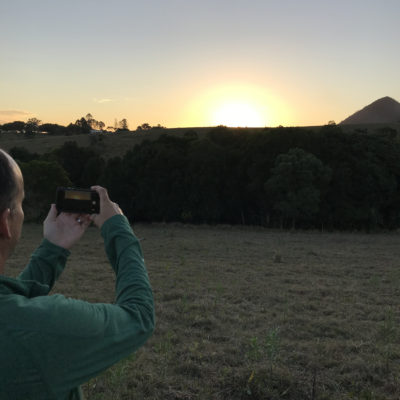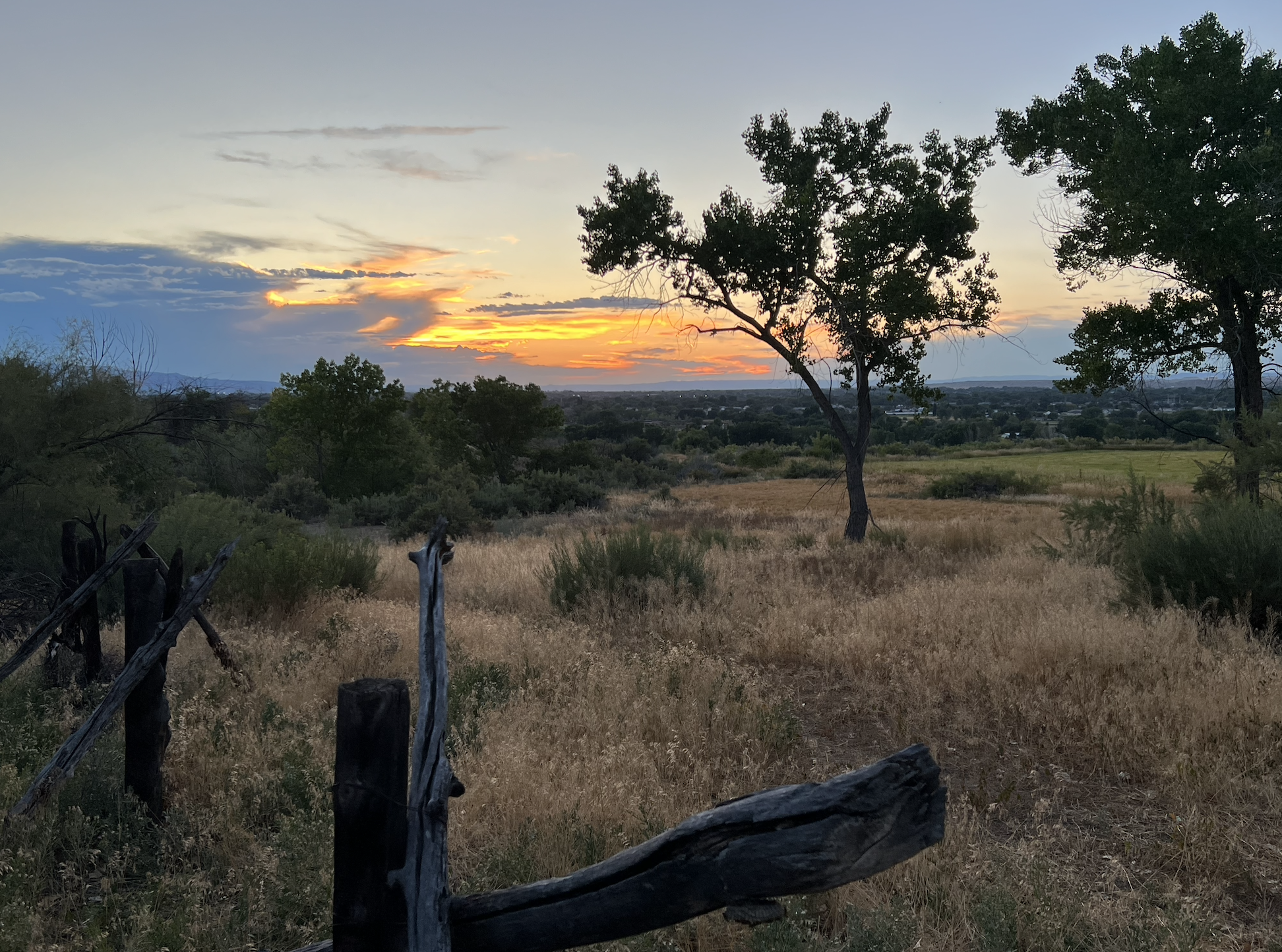
Thanks Amanda Fenton for this photo, a sunset taken last week near Noosa in the Sunshine Coast area of Queensland, Australia, traditional lands of the Gubbi Gubbi. Photo within photo, frame within frame. Sunset after a day of convening The Circle Way.
I’m learning much these days about traditional lands. Reading stories and books. Leaning in to the reality of “settler” that is in me and in my history of family.
Stan Grant’s “Talking to My Country” is one of those books. He’s a Wiradjuri man, a journalist by training, that writes of the history of his people in Australia as settlers and colonizers came. “We were not an empty country,” he writes, countering the story of 17th century discovery, and the denial of 2,000 generations of local people. That’s 60,000 years!
Robin Diangelo’s “White Fragility” is another book. Diangelo takes on the systemic nature of racism, what has been born of privilege and power systemically to advantage whites and to suppress people of color. Yes, it’s challenging reading, as I begin to identify more as white in race (rather than as the norm that is not considered race). Racism isn’t just about rude people in rude and outrageous acts — it’s about a system of unchecked and perpetuated privilege. Diangelo recommends, “Sustain discomfort of not knowing, being racially unmoored, and racial humility.”
I’m grateful for people I know well who lean insistently into these learnings, in the small and in the large. Quanita, who meets me as friend, and who knows as much as anyone that I know about tending to the inherent grief within historical trauma of race. Amanda, who in daily practice, promotes the un-settler story to honor truth telling, and acknowledgement of traditional peoples (and recommended Diangelo’s book to me after reading it herself). Chris, whose decades of work with First Nations people in Canada has taught be to further welcome and challenge world view.
There is much work to do. It is not work to take on alone. I’m grateful for simple starts. And courage in others. And beauty.
I’m Tenneson. I live in Lindon, Utah, traditional lands of the Shoshone, Goshute, Paiute, Ute, and Navajo. I’m glad to enjoy the sunsets here also, and to know, this land was not empty either.
